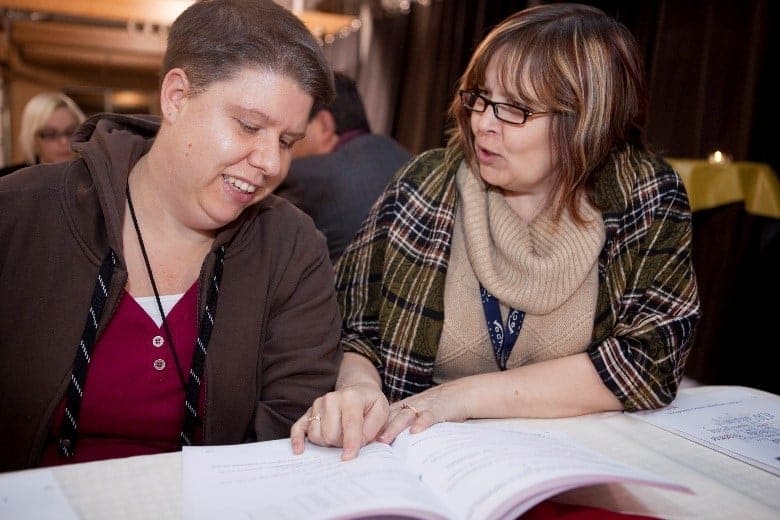Blog
Tutor Conference Tips, Part One: Writing
0 CommentOn May 3, 2014, READ Saskatoon brought together a group of dedicated tutors for a day of learning and professional development. Tutors were able to learn from each other and share their best ideas for working with adult learners.
In this series of blog posts, we’ll explore the tips they shared for working with adult learners on their reading and writing skills, as well as time management for tutors and some really excellent resources.
10 Writing Tips For Tutors
As we know, adults have learning characteristics and styles that are much different than those of children or youth. Adults come to their tutors with different experiences, goals and backgrounds – all of these characteristics impact how and why they are seeking help.
READ Saskatoon tutors had great suggestions for engaging adult learners in writing. Below is an adapted top 10 ten list of writing tips.
-
Find topics your learner is interested in – This is always number one! If a learner isn’t interested, he/she is not going to be engaged. First and foremost, start with them.
-
Start simple and work towards complex – starting with basic skills makes it easier to dive in, and is also a useful exercise later on. Reflecting on these beginning exercises when a learner has developed more skills allows them to consider ways of improving their writing.
-
Encourage learners to reflect on their week and write about what happened at work or at home.
-
Use a mind map (Tutor Training Manual page 63-64) to help them organise ideas before they set out on writing.
-
Get your learner to write about things that irritate them. Everyone has pet peeves, and writing is a great way to explore frustrations!
-
Find writing tasks that are related to their jobs, such as filling out forms or re-writing job application letters.
-
Encourage learners to use a thesaurus to do their own research into new words.
-
Help your learner write thank you notes for an event that recently happened, such as a birthday or holiday.
-
Get learners to bring along emails they have written in the past and help them re-write them.
-
Help learners write their own stories by starting with the W5 (who, what, when, where, why) and then having them expand. Take turns adding or subtracting details.


